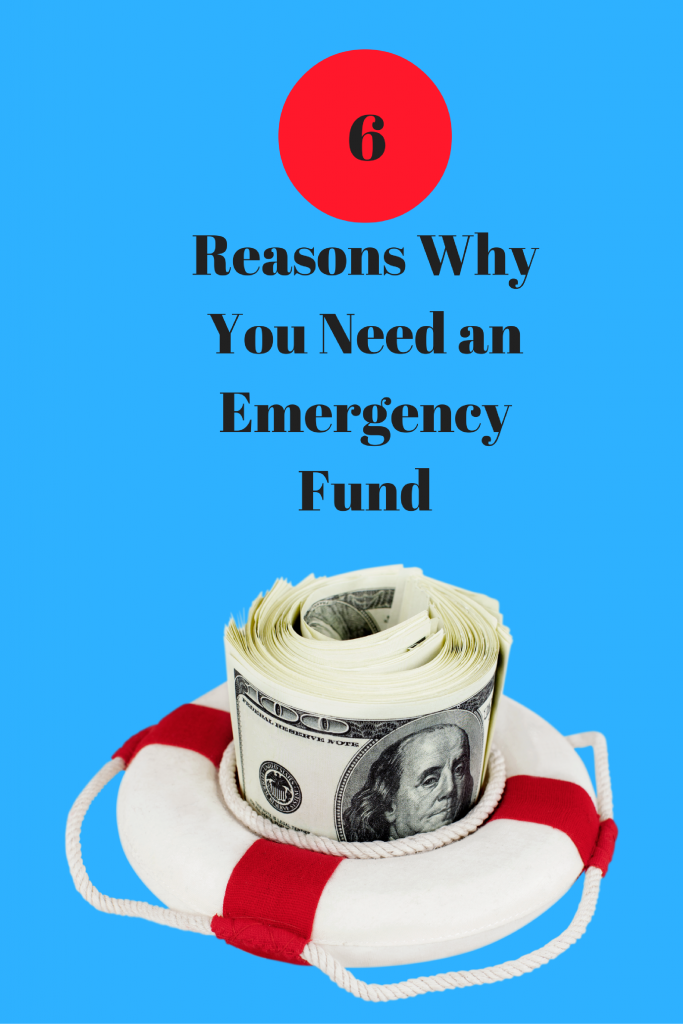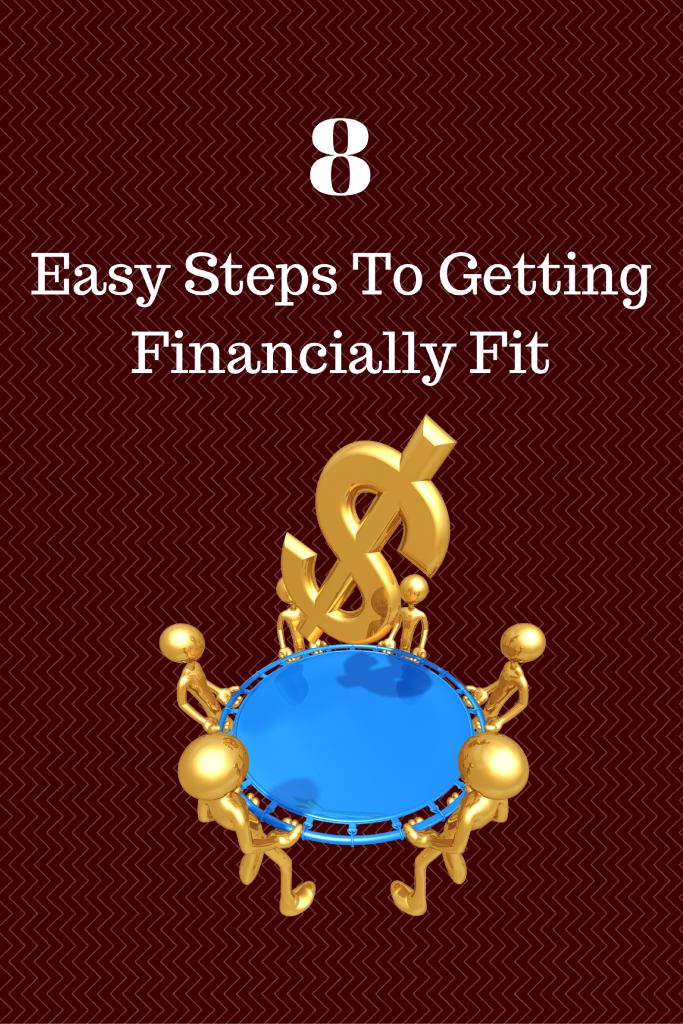
While saving money isn’t always exciting, it only takes one unexpected expense to drastically weaken your financial health. The lack of an emergency fund can leave you forced to take on costly debt in order to pay for critical expenses.
Here are six common expenses that require an emergency fund:
1. Medical bills
Health care in the United States is one of the biggest yearly expenditures for most households. A small out-patient operation like a hernia repair can cost $15,000 or more for a procedure that only takes about 30 minutes. Even with insurance it would take months to pay back a hefty deductible of several thousand dollars. For the uninsured it could take years.
2. Automotive repairs
An automobile that’s no longer under warranty can quickly become a financial burden. A good idea is to continue saving the amount of your automobile payment once you’ve paid off the loan. Save this money for future repairs to your current vehicle or to go toward a newer one down the line. Eventually, all cars become more expensive to fix than they’re worth. Having funds for a large down payment on a new vehicle will minimize how much debt you need to take on or you can even pay cash.
3. Unemployment
On average, 10-12% of people are likely to be without a job at some point over the next 12 months. Could your household’s finances survive while you try to find another job? Even if you could make ends meet, what would you have to live without?
4. Major home repairs
The replacement cost for a roof, driveway, air conditioning unit, furnace, or major kitchen appliance can cost much more than the average homeowner has in their bank account. Minor repairs can often wait, but when there’s water coming through your damaged roof, you need to act immediately and homeowners’ insurance doesn’t cover everything.
5. Funeral expenses
Even if you’re not paying for a funeral, you may have to pay for expensive last-minute travel to attend one. Also consider income lost due to taking time off of work to care for a sick loved one or spend time with them during their final days. Death is often unexpected which makes it impossible to budget for.
6. Dental expenses
A cracked molar, braces for the kids, a root canal, dentures, and even cavities can cost a shockingly large amount, especially for a big family. Even with great health insurance, most dental plans cap yearly expenses and won’t cover cosmetic issues.
While the best time to start an emergency fund was 10 years ago, the next best time is right now. Begin by setting aside a percentage of your income and increasing the amount over time. A good rule of thumb is to aim for at least six months of living expenses. This should be enough to handle most financial emergencies. If you’re able to save anything beyond that, invest it with a more long-term focus.
Emergency funds also have advantages that you may not have considered. For one, you will have less stress about money and be more relaxed. Knowing that there is money available to meet unexpected financial needs is reassuring. Secondly, that peace of mind will go a long way toward preventing poor financial decisions. When you need cash and don’t have any, it is very easy to make costly financial mistakes. Payday loans and high-interest credit cards may be quick fixes, but they cost a lot in the long run.
An emergency fund is a financial necessity that provides a cushion for the unexpected twists and turns of a life well-lived. Don’t let one financial mishap undo years of hard work. Begin saving toward your emergency fund today to help secure your financial life in the future. Not matter what has happened in the past, it’s never too late to get started.


